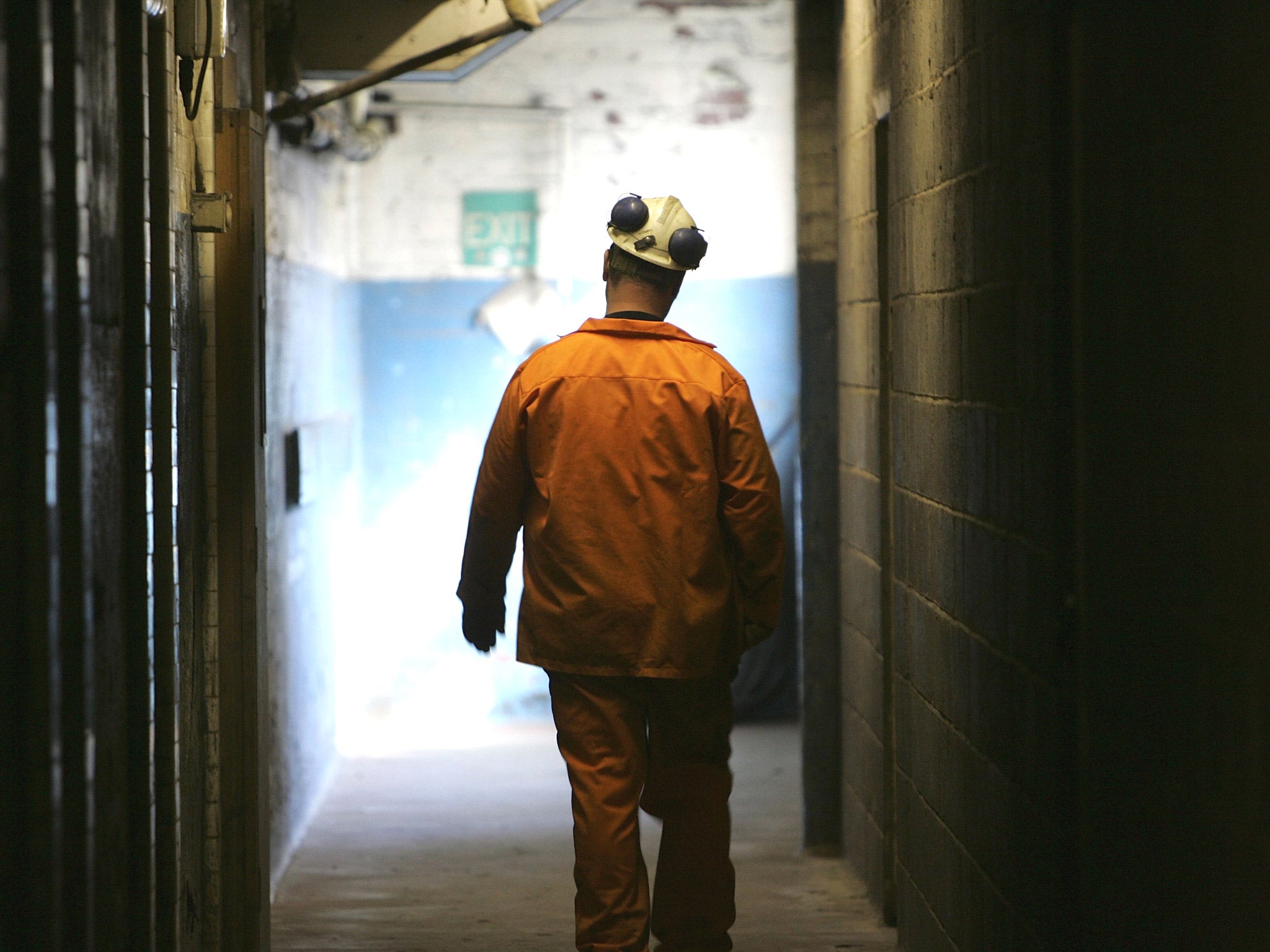Richard Budge - dubbed "King Coal" after buying British Coal from the Government - has died aged 69
The mining entreprenuer rose to prominance when he bought 17 of Britain's last 19 deep coal mines in a controversial privatisation deal with the Conservative Government in 1994

Your support helps us to tell the story
From reproductive rights to climate change to Big Tech, The Independent is on the ground when the story is developing. Whether it's investigating the financials of Elon Musk's pro-Trump PAC or producing our latest documentary, 'The A Word', which shines a light on the American women fighting for reproductive rights, we know how important it is to parse out the facts from the messaging.
At such a critical moment in US history, we need reporters on the ground. Your donation allows us to keep sending journalists to speak to both sides of the story.
The Independent is trusted by Americans across the entire political spectrum. And unlike many other quality news outlets, we choose not to lock Americans out of our reporting and analysis with paywalls. We believe quality journalism should be available to everyone, paid for by those who can afford it.
Your support makes all the difference.For a while he was “Old King Coal”, the man who looked as if he might breathe new fire into an industry apparently in its Government sponsored death-throes.
But Richard Budge, who has died at the age of 69, was ultimately only able to grant a temporary reprieve, and a controversial one at that.
Mr Budge rolled the dice on the privatisation of British Coal in 1994 with his RJB Mining. He was able to raise £815m in bank loans to finance the acquisition of17 of the UK’s 19 remaining deep mines, some 30 surface mines and 50,000 acres of land. It gave him ownership of 400m tonnes of reserves, quadrupled the size of his company and handed him the responsibility for 10,000 employees.
He had cut his teeth in the mining industry when he joined his late brother Tony’s company AF Budge, which was involved in civil engineering projects as well as open cast mining.
He bought the the open cast division from the family firm in 1992 but it was the privatisation that turned him into a national figure.
On the face of it it looked like a move fraught with risk. The country was in the midst of the so called “dash for gas” with the alternative fuel favoured on both cost and environmental grounds.
Mr Budge came up smelling not so much of coal dust but of roses, at least at first. Securing three year contracts to supply power stations the Midlands and the North, he was able to invest in the business and pay down bank debt as profits surged in the early years.
However, they started to decline after Labour came power in 1997 and ministers were soon accusing him of using the threat of job cuts to lever funding from the Government to keep his mines open.
Disagreement over expansion plans led his departure as chief executive of RJB Mining in 2001 and the company, renamed UK Coal, went into decline.
Mr Budge wasn’t finished with coal. He bought Hatfield Colliery near Doncaster, outbidding the now collapsed US energy giant Enron in the process, only for his new venture to fall into the hands of administrators in 2003. Unabashed he re-opened the pit in 2007, with the aid of Russian backing, but the money ran out again and in 2013 he was declared bankrupt.
Mr Budge was born in 1947, the year an industry with 1000 plus deep mines was nationalised. He was educated at Boston Grammar School and dropped out of a fine arts course at Manchester University to join his brother’s firm.
His enjoyment of the high life - he favoured classic cars and fancy hotels - was rather at odds with the egalitarianism of the mining industry. The deal with which he made his name was once named as one of four sell offs that “gave privatisations a bad name” by this newspaper. However, his supporters argue that he was able to strike up a rapport with the men at the coalface and said that he had coal dust running through his veins.
He died after suffering prostate cancer and is survived by his wife Rosalind White, whom he married in 1968, and sons Kurt and Grant who both became entrepreneurs in the mining industry.
Join our commenting forum
Join thought-provoking conversations, follow other Independent readers and see their replies
0Comments